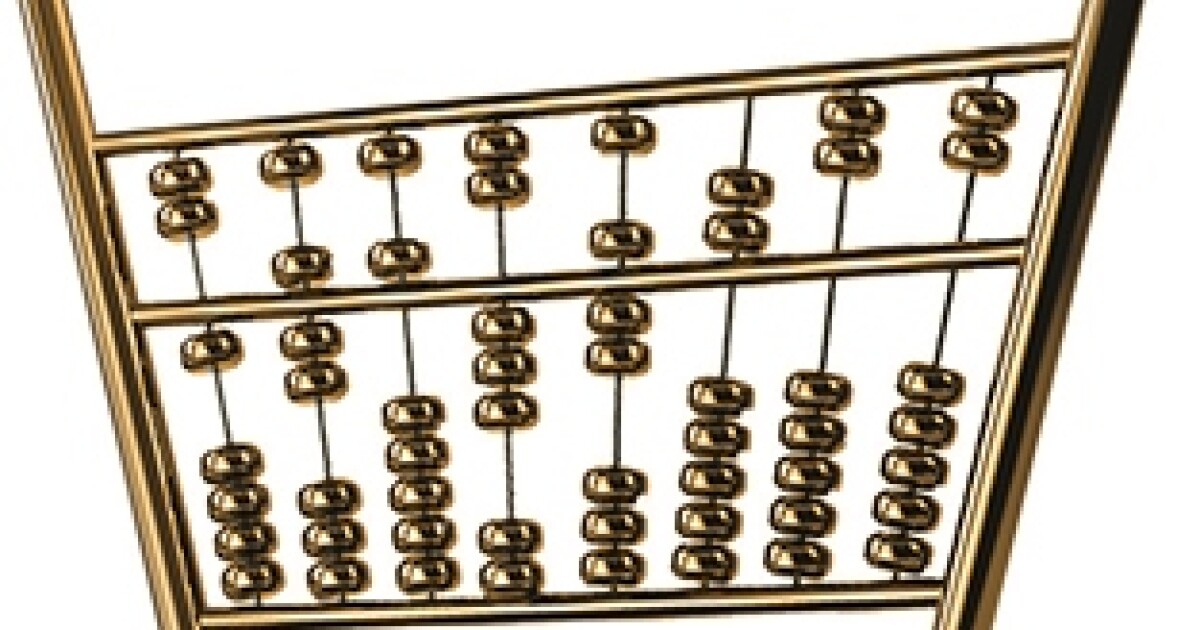Shadow Home Secretary James Cleverly recently accused the government of being “played by its union paymasters”, while Labour said it was merely making good on its election promises.
When the Tory government passed the Trade Union Act in 2016, it said it was to make sure that strike action only ever went ahead when there was a “clear and positive democratic mandate from union members”.
It set minimum thresholds for industrial action to be legal. Under the rules, half of a union’s membership has to turn out to vote in the ballot.
For public services, such as education, health or transport, the bar was set higher: 40% of the entire membership has to support the action.
But Labour has said the Act is an attack on rights at work and, as first reported by the Telegraph, it is understood it intends to stick to its pledge of introducing legislation to repeal it within its first 100 days.
A Labour source said the government was “turning the page on the Conservatives’ failed, scorched-earth approach to industrial relations”.
The source added that a “new era of partnership” between unions, employers and government would put the UK in line with “high-growth economies that benefit from more co-operation and less disruption”.
Earlier this month, the government announced it was beginning work to abolish legal minimum service levels, which were introduced last year under the Conservatives.
It argued the rules were never used and would “unduly restrict” the right to strike, while the Conservatives said the move to start phasing them out would put access to emergency services at risk.
Anti-strike laws were significantly extended under the last government as it grappled with waves of industrial disputes in the wake of rising inflation.
Credit: Source link











